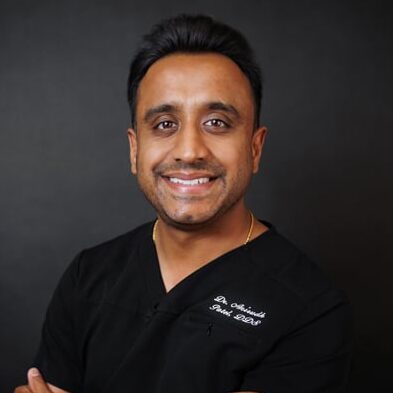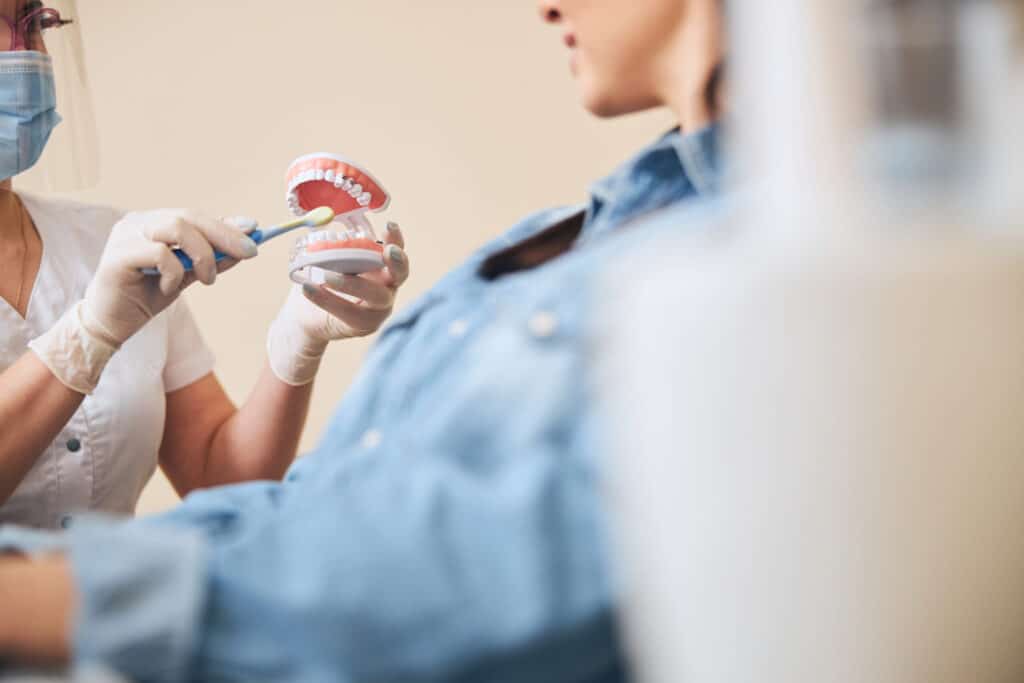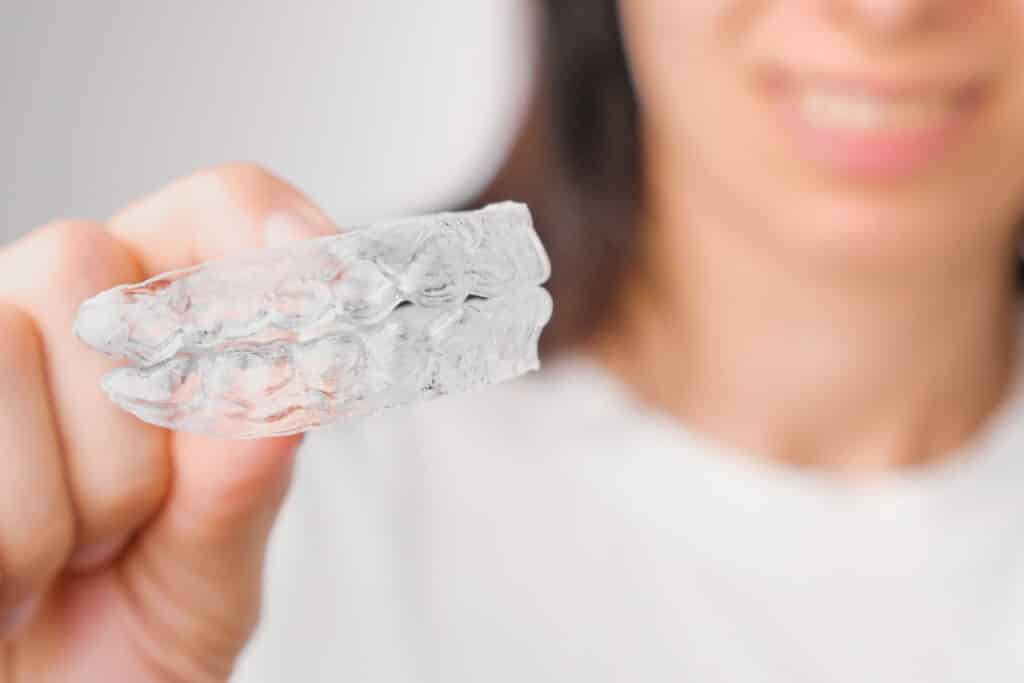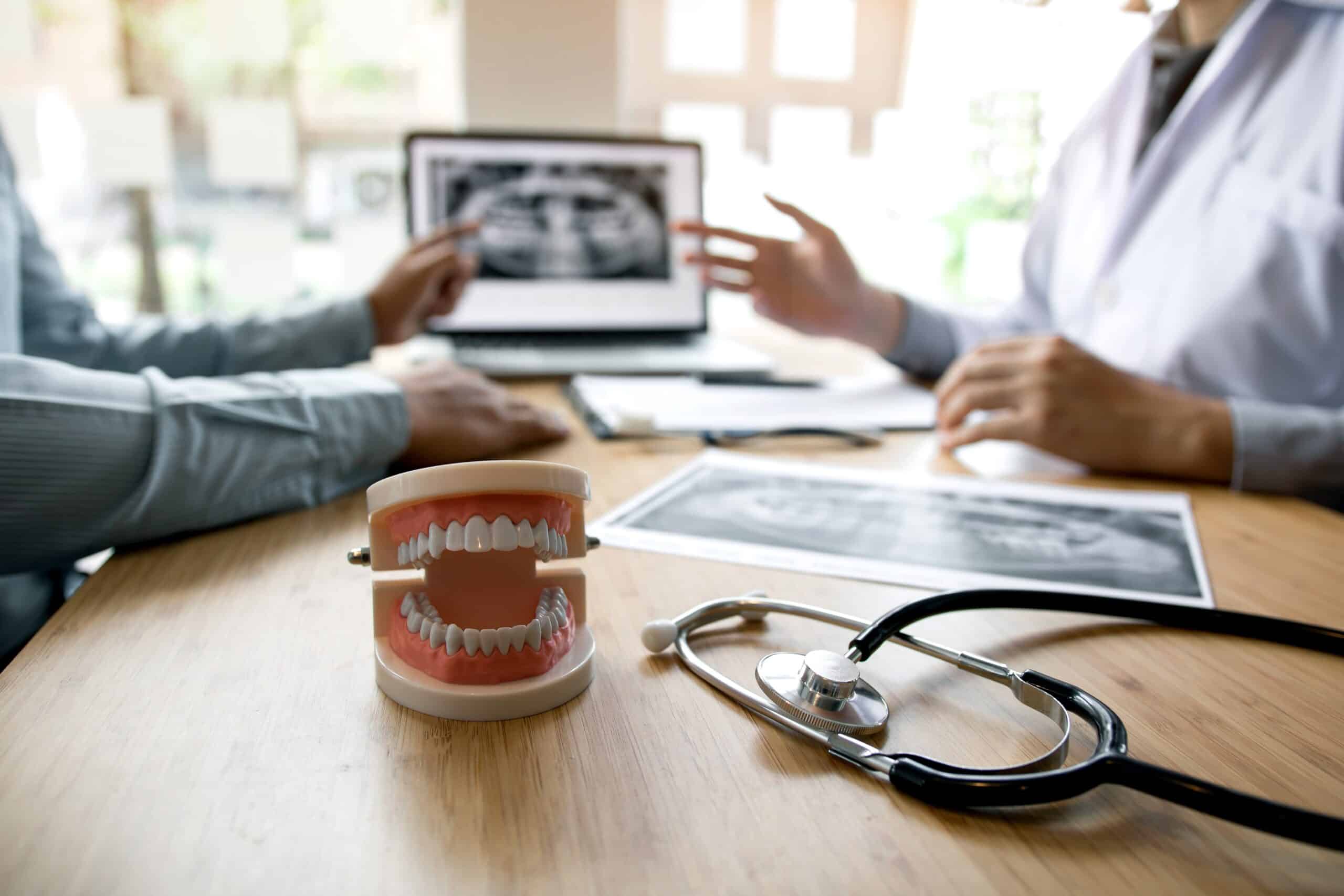Dental Arts Group – Philadelphia, PA
BECAUSE EVERY SMILE DESERVES TO SHINE
Why Choose Us?
At Dental Arts Group, we blend expertise with empathy, ensuring each visit is not just about dental care, but about experiencing a welcoming atmosphere. Our Philadelphia, PA team is dedicated to providing a stress-free, supportive environment, focusing on your comfort and well-being. With our state-of-the-art technology and compassionate approach, we redefine dental visits into positive, impactful experiences.
CARING TEAM
COMMITMENT TO QUALITY
CUSTOMIZED CARE
What Others Are Saying

This dentist is by far the best dentist I’ve ever had. He is extremely friendly, personable, and assembled a great team at his practice. I have recommended him to several friends and they all say he is great.
Charles J.

This quality, caring team is the reason I began seeing this doctor many years ago. Compassionate, kind, efficient, and accommodating. All of the ladies in the office are terrific. Thank you to each and every one of you very special and professional people!!
Carol U.

This team showed me how to regain my dental health and my smile. I am very proud to smile now and I eat wholesome foods like apples and fresh vegetables without a second thought. If you have similar concerns, I highly recommend getting an appointment. You will be glad you did.
Frieda G.

Awesome experience. The team was great, helpful, and welcoming. The doctor was very educational and informative about my dental health and procedures that I needed. The team and the dentist were very courteous and sensitive to my needs. I will definitely recommend this office to my friends and family.
Matthew T.
Our Specials
Cleaning Special
$99 Cleaning, Exam, & X-Ray*
Experience a comprehensive dental package at an unbeatable price! For just $99, you’ll receive a thorough cleaning, a comprehensive examination, and x-ray imaging. Don’t miss out on this incredible opportunity to achieve optimal oral health. Schedule your appointment today!
*This Offer Is For New Patients Without Insurance And In Absence Of Periodontal Disease.
Exam Special
$69 Exam & X-Ray*
For just $69, you can receive a comprehensive exam and x-ray. Take advantage of this limited-time offer to ensure your dental health is in tip-top shape. Don’t wait, schedule your appointment today!
*New Patients Only.
Learning Center
Invisalign®
Embark on a transformative journey toward a straighter smile with our Invisalign services. Our state-of-the-art treatments, meticulously designed for optimal comfort and effectiveness, will guide you toward achieving the perfect alignment you’ve always dreamed of.
Learning Center
Dental Implants
Discover the numerous benefits of dental implants, a cutting-edge dental procedure that offers a durable, long-lasting, and natural-looking tooth replacement option. With dental implants, you can regain your confidence to smile, eat, and speak comfortably, while enjoying the stability and aesthetics that closely resemble real teeth.
Meet The
Doctor

Dr. Anirudh Patel
GENERAL DENTIST
Dr. Anirudh Patel is a highly skilled and board-certified dentist. He is deeply committed to delivering exceptional quality care with a personalized touch to patients in Philadelphia. With over eight years of extensive experience, Dr. Patel brings a meticulous and patient-centric approach to creating beautiful, healthy smiles.
Our Services

Family Dentistry

Cosmetic Dentistry

Invisalign®

Restorative Dentistry

Dental Implants

Gum Disease Treatment

Orthodontics
Appointments
Visit Us
Philadelphia, PA 19135

